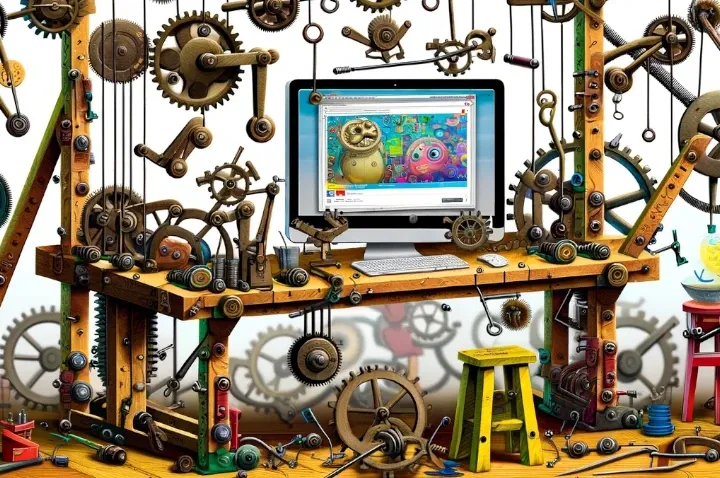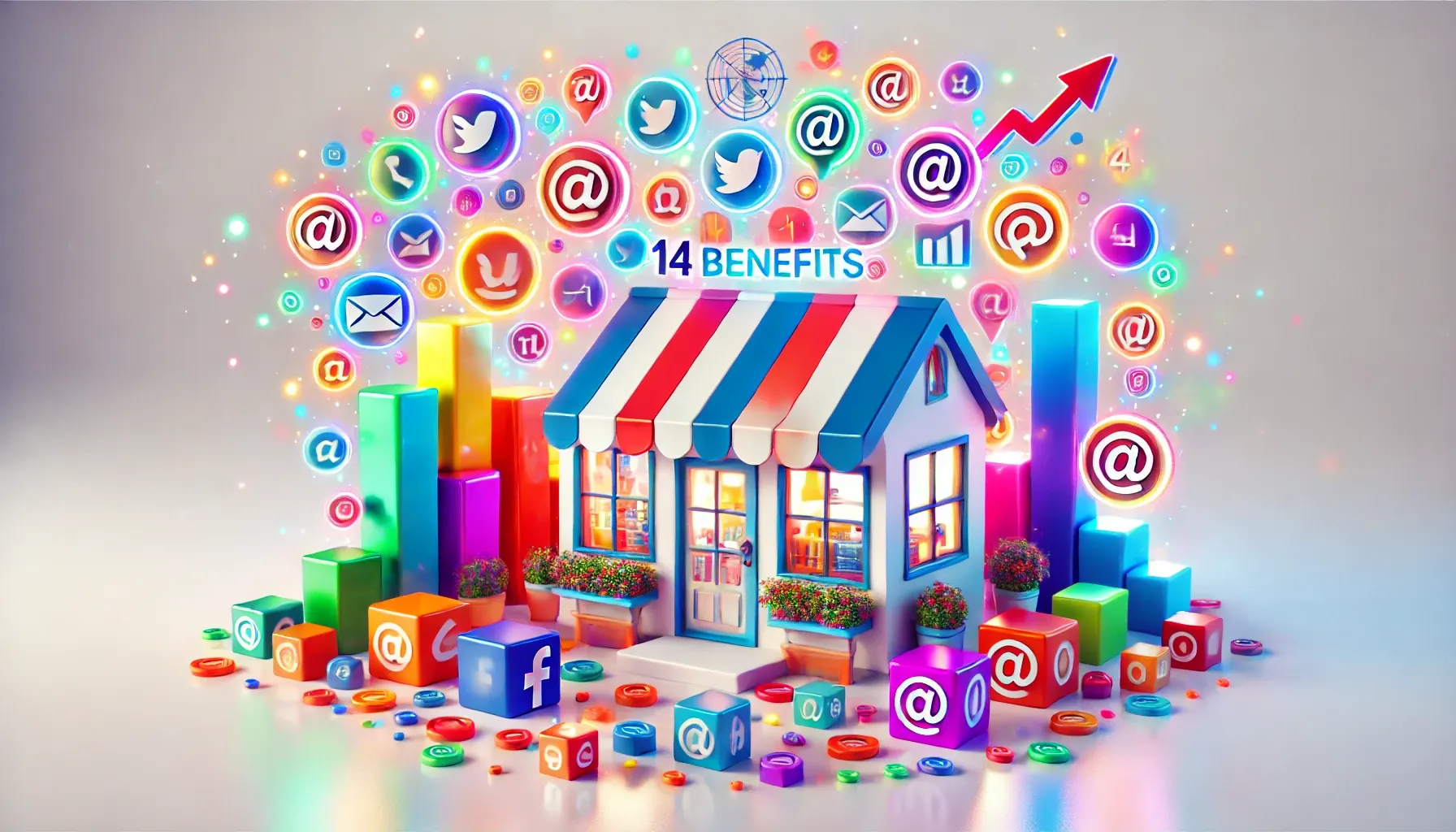The Rise of AI in Marketing: Trends and Predictions
Whether it's through personalization, chat-bots, predictive analytics, or marketing automation, there are many ways that AI can help businesses succeed in the ever-evolving world of marketing.

In recent years, the use of artificial intelligence (AI) in marketing has been on the rise. AI has the potential to revolutionize marketing by enabling marketers to better understand their customers, personalize their campaigns, and optimize their marketing efforts. In this blog post, we will explore the current trends in AI marketing and make some predictions about its future.
Trend 1: Personalization
One of the key benefits of AI in marketing is its ability to provide personalized experiences to customers. With the help of AI, marketers can collect vast amounts of data about their customers' behaviors, preferences, and interests. This data can be used to create personalized marketing campaigns that are more relevant and engaging to customers.
For example, Netflix uses AI algorithms to recommend movies and TV shows to its users based on their viewing history. This not only makes it easier for users to find content they will enjoy but also keeps them engaged with the platform, ultimately increasing customer loyalty.
Trend 2: Chat-bots
Another trend in AI marketing is the use of chat-bots. Chat-bots are computer programs that can simulate conversation with human users. They are often used in customer service to answer common questions and provide support.
However, chat-bots are now being used for marketing purposes as well. For example, some companies are using chat-bots to engage with potential customers on their website and social media channels. These chat-bots can answer questions about products and services and even guide users through the purchase process.
Trend 3: Predictive analytics
Predictive analytics is another area where AI is making an impact in marketing. Predictive analytics involves using data, statistical algorithms, and machine learning techniques to identify the likelihood of future outcomes based on historical data.
Marketers can use predictive analytics to better understand their customers' behaviors and preferences, as well as to predict future trends and patterns. For example, a retailer might use predictive analytics to identify which products are likely to be popular during the holiday season, allowing them to stock up in advance and maximize sales.
Prediction 1: AI-powered marketing automation
One prediction for the future of AI in marketing is the rise of AI-powered marketing automation. Marketing automation involves using software to automate repetitive tasks, such as sending emails, scheduling social media posts, creating marketing campaigns and tracking website analytics.
With the help of AI, marketing automation can become even more powerful. For example, in Balloonary’s case, our customers aren’t spending time or money (on someone else’s time) to research about adverts, sign up to create ad accounts on sites like Facebook and Instagram, find images and draft multiple examples and concepts. Instead those jobs are given to AI, so our users - who are often solo-founders or entrepreneurs with a side hustle - spend their valuable time picking the best ad concept based on their inherent knowledge of their brand and customer.
Prediction 2: Voice search optimization
Another prediction is that AI will play a bigger role in voice search optimization. As more and more people use voice assistants like Siri and Alexa to search for information and make purchases, it will become increasingly important for marketers to optimize their content for voice search.
AI can help with this by analyzing data on how people use voice assistants to search for information, and using this data to optimize content and keywords for voice search.
In conclusion, AI is already playing a significant role in marketing, and its impact is only going to grow in the coming years. By embracing AI and incorporating it into their marketing strategies, businesses can gain a competitive advantage and better engage with their customers. Whether it's through personalization, chatbots, predictive analytics, or marketing automation, there are many ways that AI can help businesses succeed in the ever-evolving world of marketing.




![8 Best AI Tools for Marketing for Small Businesses [2025]](/content/images/2024/12/Blue-Modern-Money-Managing-Mobile-App-Promotion-Facebook-Ad.png)
